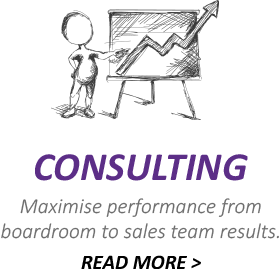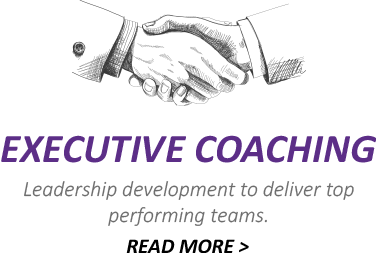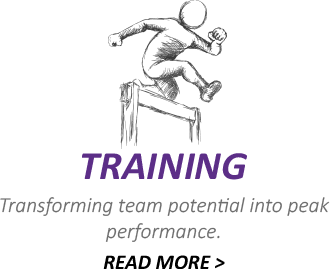
We’ve all seen it, and probably been there ourselves too!
Watching people walking, driving or eating whilst glued to the tiny screen of their mobile device.
- On average, people check their smartphones 150 times a day, or every six minutes, 46 percent say they couldn’t live without them and many prefer texting over real-life conversations.
- Experts say that without time away from your phone, your nervous system stays in fight-or-flight mode, making you both wired and tired all the time.
The issue is ‘Distraction’.
So what’s the impact of distraction on results?
Here are four key ways:
- Productivity – Multi-tasking is a myth. Your brain can only focus it’s full attention on one thing at a time. So, when people allow constant interruptions and notifications to distract them their work productivity plummets like a stone. Simple tasks like customer reports or CRM updates take two or three times the length of time to complete. Imagine the impact of this on your productivity over a week, month or year!
- Internal Meetings – During sales meetings or training workshops, unless they ban mobile devices, their teams can’t concentrate on the agenda. They fail to contribute positively to the discussion and engage fully with their colleagues. Or worse, I’ve heard complaints of managers looking at their phones during their own meetings!
- Customer Meetings – Maybe even more concerning is the effect on the salesperson’s performance during external sales meetings. Managers describe the challenge their people have to interact personally with prospects and ‘stay in the moment’. Particularly, when concentrating on the other person’s responses to questions and then responding appropriately during the conversation. It appears that our use of technology seems to be a lowering of our ability to concentrate.
- Personal life – During managers 1-2-1 coaching sessions, their salespeople describe how their business life intrudes into their private life outside office hours. They are finding themselves slaves to the technology rather than masters of it, struggling to completely switch off. It’s common to find they are checking and responding to messages late into the evening and at weekends.
People’s habits are changing and their preferred methods of communication too. So, the challenge as sales leaders and sales professionals is to keep developing the art of personal interaction and communication both internally in the organisation but also externally with clients!
The overall impact of this constant distraction seems to be a lowering of our ability to concentrate, focus and stay in the moment. All critical attributes required for building trusting relationships both personal and in business.
So how can we improve this situation?
- Recognise your own behaviour.
First monitor your screen time and notice how long you spend on your device each day and what activities you are doing. It’s enlightening to notice the number of pick-ups per day, it may surprise you. - Set some personal boundaries.
Turn off your phone at the beginning of customer meetings so you can focus 100% on the person you are with.
Have a ‘no phones policy’ at family meal times so you can converse meaningfully with your family and friends.
Try limiting yourself to checking your phone for email and messages eight times a day. - Set some organisational boundaries.
When you have internal meetings and presentations don’t allow mobile devices to be turned on and then lead by example.
Encourage your team to put their phone on silent for an hour or so when they need to complete any focused work.
In conclusion:
These changes are simple, but not easy, as anyone who has tried them consistently will know.
However, they will significantly improve your sales results, productivity and personal life!





